Following in the tradition of Connor Barwin and Malcolm Jenkins, former All-Pro wide receiver and current Eagles broadcaster Mike Quick will write weekly for The Citizen this season, analyzing what the Birds will have to do each week on the field to emerge victorious. We’ve paired Quick with Professor Richardson Dilworth, Director of Drexel University’s Center for Public Policy, who will analyze how Philly stacks up off-the-field against the city we play each week. Dilworth, who knows nothing about football, is arguably Quick’s most unlikely teammate ever.
Mike Quick’s On-Field Scouting Report: You’ve got to love meaningful football in December. Making this all the more meaningful is that this week, the Eagles face off against the team they trail for the Division lead by one game — and that team is our arch-rival, the Cowboys. It doesn’t get any sweeter than this.
Last week, you saw the big, 90-yard touchdown run by Washington’s Adrian Peterson. That happens when one player on defense doesn’t maintain gap integrity so that every possible running lane is covered. If the Eagles make those kinds of mistakes on Sunday, Dallas running back Ezekiel Elliott will make them pay. The Eagles defense will be better off taking their chances with the Cowboys’ passing game and their wide receiver weapon Amari Cooper, rather than Elliott.
Eagles defensive coordinator Jim Schwartz likes to pressure the opposing quarterback with only four pass rushers. That means, when they’re in one-on-one matchups, defensive linemen Fletcher Cox, Tim Jernigan, Howie Long and Brandon Graham absolutely have to win those battles. If they can pressure Cowboys’ quarterback Dak Prescott, it will help take pressure off the Birds’ inexperienced defensive secondary.
Finally, quarterback Carson Wentz has to have a big day. His decision making at the line of scrimmage and his ball placement on throws has to be flawless.
If the Eagles perform well in these three areas, it will be a sunny week in Philadelphia next week.
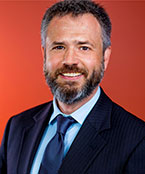
Prof. Richardson Dilworth’s Off-Field Scouting Report: Dallas is a Sun Belt city and differs from Philadelphia in all of the expected ways: Geographically larger, with more sprawl (reflected in lower density) and less public transit. And being in Texas of course the Latino population in Dallas is much bigger than in Philly.
But in other respects Dallas and Philadelphia are kind of similar. First, in both cities healthcare providers of various types are the largest employers. Second, they are both blue in a sea of red, with basically small satellites of concentrated Democratic voters in the big cities and Republicans throughout the rural outskirts. (A big difference, of course, is the concentration of Dems along the US-Mexico border).
And in this very last election both cities had tremendous voter turnouts with clear signs that their suburbs are trending bluer. Of course, Pennsylvania had nothing like the enthusiasm generated by likely future presidential candidate Beto O’Rourke, but clearly the anger about 2016 was still strong enough fuel more people than usual to the polls.
Speaking of voting: That brings us to the hilariously low voter turnout in Dallas’s last mayoral election. I mean, Philadelphia almost never has anything to be proud of in terms of turnout for local elections, but we get higher turnouts for the prothonotary election than Dallas for mayor.
There are several reasons for the low voter turnout in Dallas in 2015. First, it was a boring election. The incumbent, Mike Rawlings, was running and is pretty popular, so everyone knew he was going to win. And he did by a landslide, if you can even have a landslide when so few people vote. Second, the mayoralty in Dallas is not very exciting. Dallas is a “weak mayor” city where the mayor doesn’t have the kind of power and authority that the mayor of Philadelphia has. The Dallas mayor is actually just an at-large member of that city’s council, and effectively the head of the council. So it’s like if Darrell Clarke were mayor (if Darrell Clarke were an at-large council member). The real executive power in Dallas is vested in the city manager who is not elected.
Third, Dallas local elections are made even more boring by the fact that they are officially nonpartisan (for a little primer on partisan/nonpartisan elections see here.) And finally, just to make things even more likely to lead to low turnout, Dallas local elections are not only held in odd years (so they don’t coincide with the presidential or congressional elections when there will be more turnout), but they are also held in May, which undoubtedly confuses some people who might otherwise show up.
There are at least some people in Dallas who see the low turnout as a problem, as this article from The Dallas News suggests (basically reporting on a study from Portland State U). If you look at the figures in the article you’ll see that, among the cities that were studied, four of the 10 cities with the lowest turnout are in Texas (Fort Worth, Dallas, El Paso, San Antonio). All these cities have political systems similar to Dallas so it seems most likely that the low turnout is fueled by the institutional structural factors I identified above, and not necessarily by lower levels of civic interest or participation than in Philadelphia.
And one final point: Also hilarious is that State College in PA has super low voter turnout. Because, you know, the good citizens of State College only like to express their civic engagement by rioting in defense of certain former football coaches…
Note: This is the second time the Eagles played Dallas this year. The chart below—as well as Prof. Dilworth’s analysis—are the same as earlier in the season.
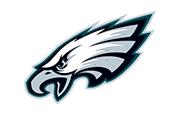
PhiladelphiaEagles |
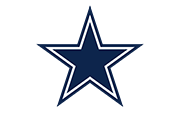
DallasCowboys |
|
# of B-Corps
25 |
# of B-Corps
2 |
|
% Population with a BA
27.4 |
% Population with a BA
31.8 |
|
% Volunteers
26.5 |
% Volunteers
27.5 |
|
Violent Crime per 1000 people
9.92 |
Violent Crime per 1000 people
7.67 |
|
Diversity Rating
69.74 |
Diversity Rating
80.45 |
|
% People Bike to Work
2.2 |
% People Bike to Work
0.2 |
|
% Acres of Park Space
13.1% |
% Acres of Park Space
12.5% |
|
Public Transportation Score
67 |
Public Transportation Score
40 |
|
% Voters in Last Mayoral Election
24 |
% Voters in Last Mayoral Election
6.1 |


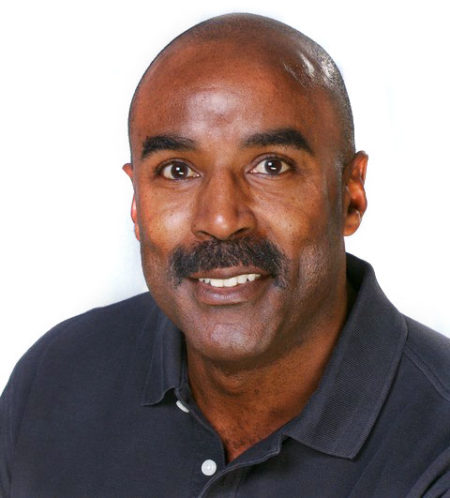
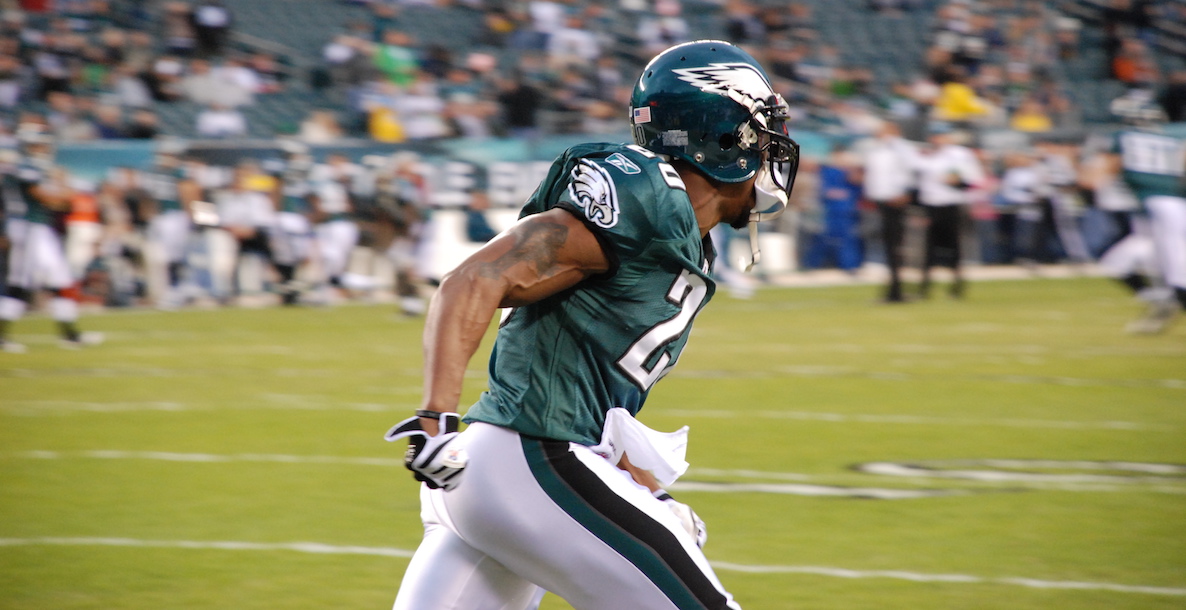
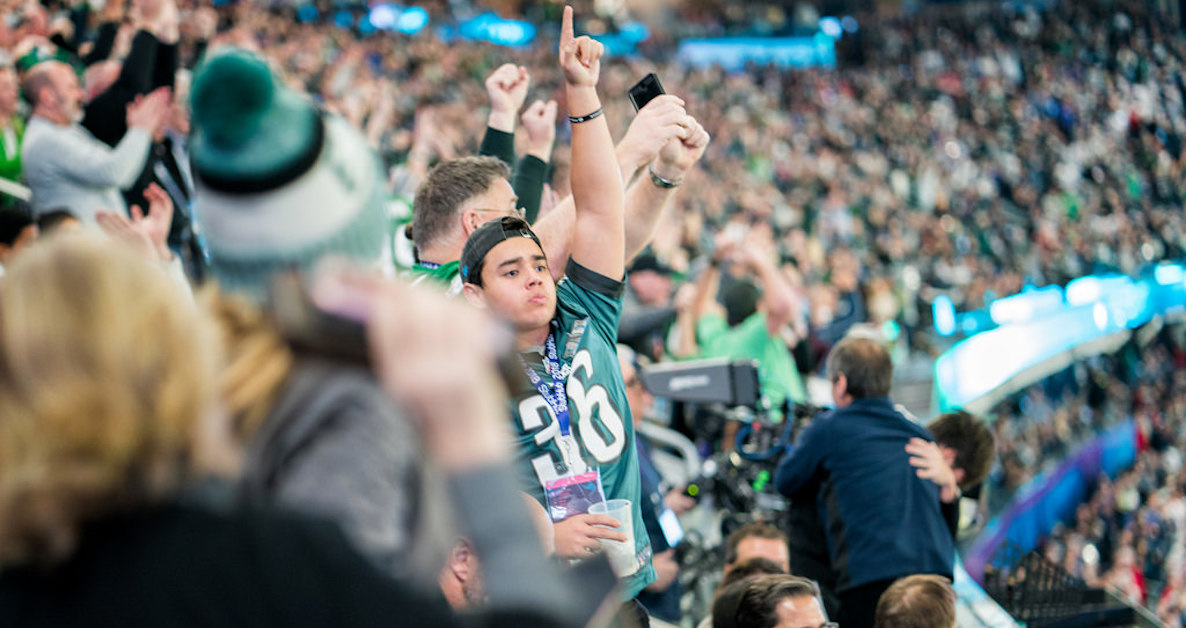
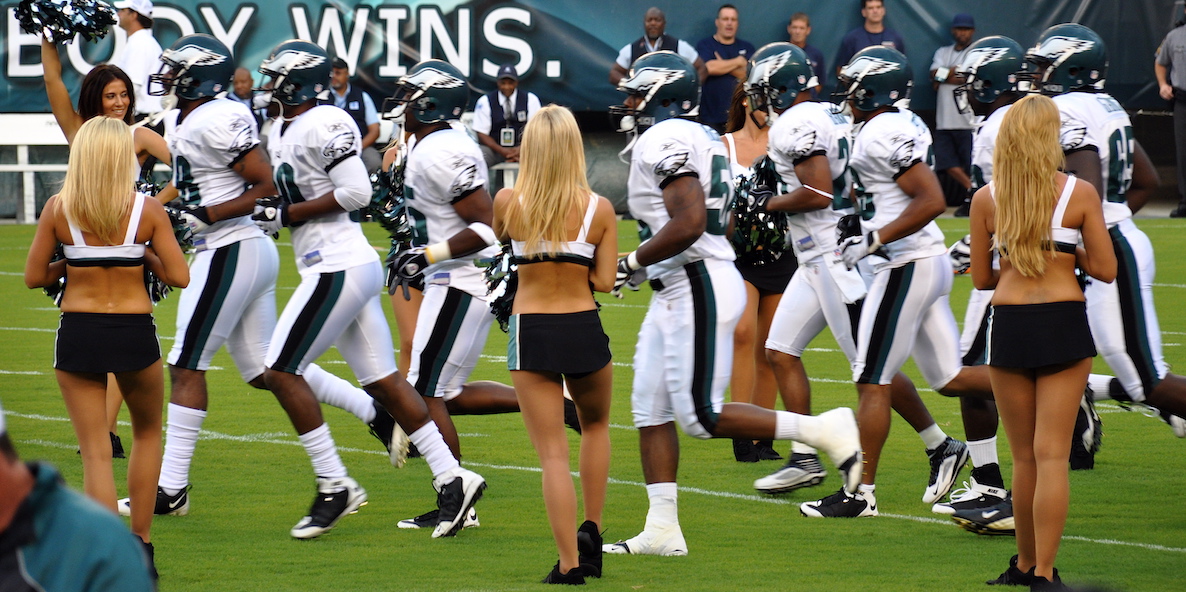
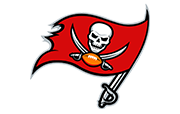

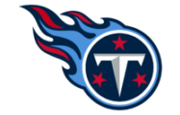
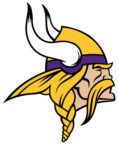
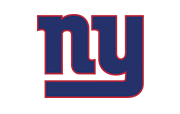


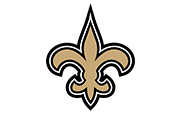
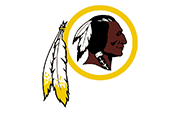
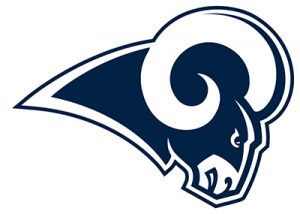
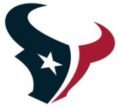

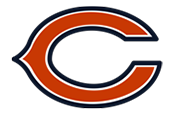
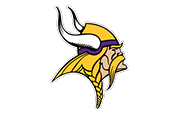 Vikings
Vikings  Rams
Rams 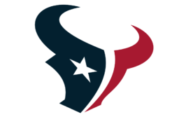 Texans
Texans 